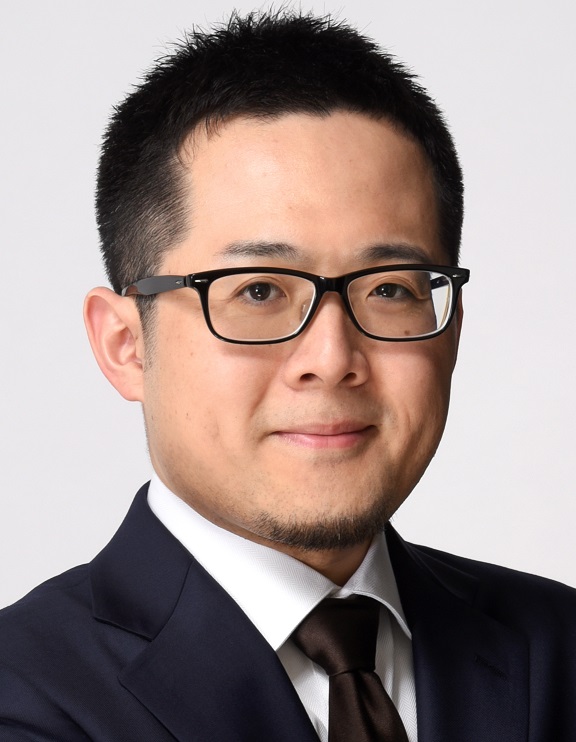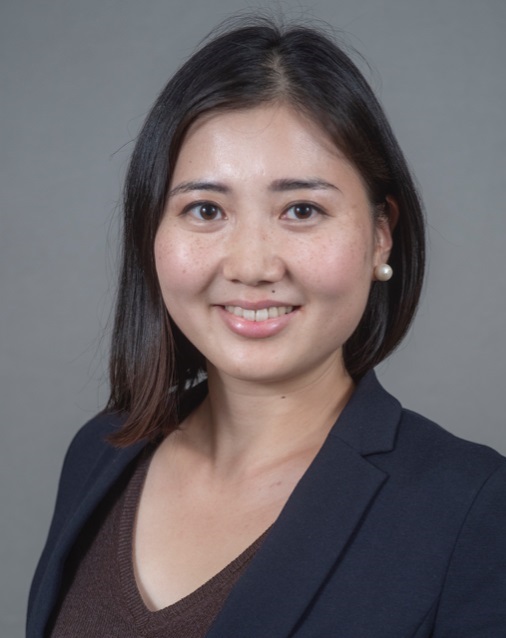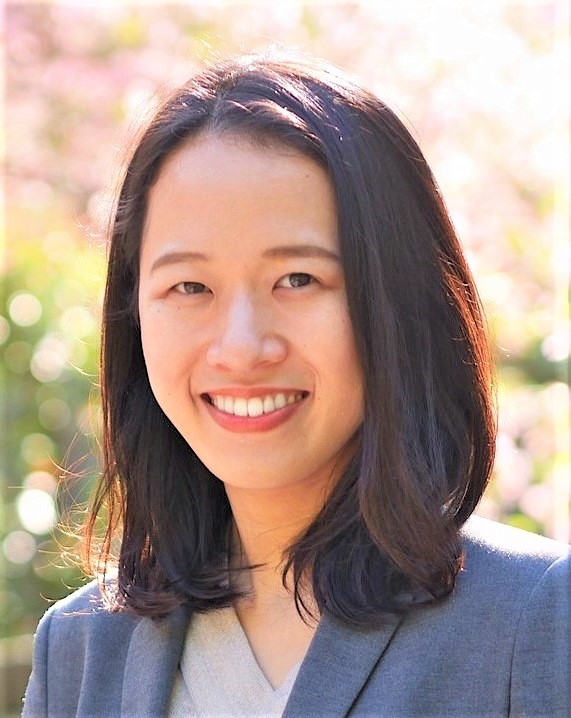“API Geo-Economic Briefing” is a weekly analysis of significant geopolitical and geo-economic developments in the post-pandemic world. The briefing is written by experts at Asia Pacific Initiative (API) and includes an assessment of burgeoning trends in international politics and economics and the possible impact on Japan’s national interests and strategic response. (Editor-in-chief: Dr. HOSOYA Yuichi, Research Director, API & Professor, Faculty of Law, Keio University)
This article was posted to the Japan Times on March 23, 2021:
https://www.japantimes.co.jp/opinion/2021/03/23/commentary/japan-commentary/api-crisis-lessons/
API Geo-economic Briefing
March 23, 2021
Japan needs a stronger crisis review system
|
SAGARA Yoshiyuki, |
MUKOYAMA Jun, |
SHIBATA Narumi, |
In the past decade, Japan has faced two major national crises — the nuclear disaster at the Fukushima No. 1 plant brought about by the March 2011 earthquake and tsunami, and the COVID-19 pandemic.
But the country has found it difficult to learn from the past and make use of lessons to prepare for future crises, for a number of reasons — changes in administration, people in charge of the crises retiring or being transferred to different departments, and changes of jurisdiction due to administrative reorganization.
In order for Japan to be well-prepared for future hardships, it must assess past crises so as to avoid creating gaps in a feedback loop in policy making and reform efforts.
The Asia Pacific Initiative (API), a Tokyo-based independent global think tank, has examined the government’s response to national crises, setting up an independent commission on the nuclear disaster in 2012 and a commission to investigate the COVID-19 response last year.
API also launched a commission to look into what Japan has learned in the 10 years since the Fukushima disaster and released a report based on its findings.
Such assessments are meaningful in that they bring to light how the government prepared and coped with national crises, making it possible to put together the challenges and lessons learned and make practical proposals on the best practices which will lead to better administrative management in the years to come. In the case of an accident, the goal is to prevent a recurrence, after learning from the assessments.
By reviewing national crises, however, we realized the difficulty of using lessons learned from the past.
Unadopted proposals
Following the 1999 nuclear criticality accident in Tokai, Ibaraki Prefecture, in which two people were killed and hundreds were exposed to radiation, nuclear disaster experts from the public and private sectors visited countries with nuclear power plants and released a set of proposals on disaster risk management in the sector.
Later, one of the government officials who was a member of the investigation team reportedly said, “If the proposals had been made use of, the Fukushima nuclear accident would have developed in a very different way.”
After the 2009 H1N1 influenza pandemic, the Health, Labor and Welfare Ministry set up a panel to review the government response to recommend measures to prepare for emerging and re-emerging infectious diseases that could arise in the future.
The panel compiled recommendations, such as beefing up the number of workers at public health centers, nurturing human resources and boosting testing capabilities including polymerase chain reaction (PCR) testing.
Ten years later, the panel’s key members gathered again to follow up on the pandemic and examine what had been done since then. But many of their proposals were left unadopted, failing to reach the government policymakers or the public.
Japan had failed to utilize the lessons from past pandemics and had to face the COVID-19 outbreak without sufficient preparations for infectious disease crises.
Historically, Japan has been a good learner. The country absorbed knowledge eagerly from Western nations since the Meiji Restoration of 1868.
After World War II, many Japanese companies adopted the plan-do-check-action (PDCA) cycle, a concept used in the United States in quality management studies.
Toyota Motor Corp.’s kaizen (improvement) activities spread worldwide as a method to improve product quality and productivity. Kaizen is still evolving, with the Japan International Cooperation Agency (JICA) widely popularizing the model in African countries.
However, Japan has not been good at applying its ability to learn to national crises.
Private sector role
After WWII, Prime Minister Kijuro Shidehara’s administration launched a war investigation committee to look into the causes of the Pacific War, but it was dissolved due to opposition from the GHQ of the Allied Forces.
Under Prime Minister Shigeru Yoshida’s administration, a strictly confidential report was compiled on Japan’s mistakes in its diplomacy since the 1931 Manchurian Incident, but the Foreign Ministry kept it classified for more than 50 years.
During that time, academics in the private sector played a key role in reviewing Japan’s path to the war. The government seldom looks back into the crises on its own.
Its bureaucratic system and organizational culture is one of the factors why Japan is weak at closely studying past events and drawing lessons from them.
The problems in Japan’s administrative systems include the notion of infallibility which leads to errors rarely being admitted, the ministries playing a blame game and their tendency to avoid taking risks.
Wataru Suzuki, an economics professor at Gakushuin University, wrote in the Japanese Journal of Health Economics and Policy in 2018: “We have to be aware that policy evaluation is an extremely sensitive topic for government administrators. Bureaucrats live in a world of lifetime employment where they are evaluated by how many mistakes they make, which means that a low evaluation could impact their entire career path.”
“Therefore, they want to avoid policy evaluation as much as possible, and even if such evaluations are made, the results tend to be wishy-washy, leaving them room for excuses,” Suzuki said.
Even the Diet has not been able to work fully to evaluate government policies, as its role of monitoring the administrative system has mainly been focused on scandals involving politicians and bureaucrats.
The parliament’s Fukushima Nuclear Accident Independent Investigation Commission (NAIIC), formed in 2011, became the first committee in the history of constitutional government to be created under the Diet to investigate a national crisis.
It is also noteworthy that the creation of the commission was realized through a joint proposal by the ruling and opposition parties.
But it is hard to say the Diet’s function to monitor the administration through evaluating its crisis response has improved since then.
Independent investigation
U.S. President Joe Biden’s administration began forming its policies by unwinding the actions of the previous administration under Donald Trump.
In the new administration’s National Strategy for the COVID-19 Response and Pandemic Preparedness, the term “review” is used as many as 37 times.
Biden has been announcing new policies one after another after critically reviewing the Trump administration’s policies.
Such reviews and the designing of new policies are conducted by policy practitioners who had been honing their skills at think tanks during the previous administration times.
Japan is not the kind of a country where the entire government changes along with the change of political leaders, like in the U. S., and few people jump into or out of government jobs. The “revolving door” by which government officials swing back and forth between public service and private-sector employment is rare in Japan.
Compared with the U.S., Japan’s administrative system appears to maintain continuity and institutional memory. But even so, Japanese government organizations and bureaucrats who are supposed to fight national crises frequently change due to changes in administration as well as personnel reshuffling and retirement, resulting in a lack of continuity in accumulated knowledge and preparedness.
In such a situation, it would be meaningless, more so than in the U.S., to simply criticize them in order for Japan to learn from past crises and prepare for the coming crisis.
This is why it is necessary, especially in Japan, to critically review crises based on facts, data and evidence to codify lessons from them.
And this is where private-sector think tanks can play a role. They can set up investigations team comprising a range of experts from the political, public, private and academic sectors, look into crises by directly facing government officials in charge, draw lessons from the events and make the government maintain preparedness for future crises.
API has worked under the motto of truth, independence and humanity to critically review issues based on facts and make proposals based on those reviews.
The think tank attaches importance to carefully listening to people who were directly involved, closing in on the truth from the people’s viewpoint instead of determining who did good or bad, and identifying lessons that can be learned based on as many multifaceted facts as possible.
Those in charge of risk management are desperately trying to figure out the characteristics of a crisis. They stake their lives to fight against problems.
But crises constantly change their shape and they look totally different depending on the angle they are seen from.
Think tanks are tasked with making clear how the Prime Minister’s Office or the people on the front line saw the crises and let the public, as well as those involved, know what they have found out.
Think tanks, no matter how dedicated they are to their work, cannot necessarily obtain cooperation from people directly involved. As for the API team that investigated the government’s COVID-19 response, many government officials offered to talk — although with a request to remain anonymous — in the hope of handing down their experiences to their successors for future crises.
It is difficult to learn from the past. That is why it is indispensable to assess past crises — to draw lessons to prepare for future events.
This feedback loop becomes possible only when those who review said crises work seriously to close in on the truth, accumulate facts and build a trusting relationship with government officials.
As such feedback loops can easily be cut off, assessment by private independent think tanks can work to maintain continuity in lessons learned from past crises.
Immediately following the Fukushima meltdowns, the Diet, the government and the private sector each conducted reviews. A decade later, API made an assessment again and published a fresh report.
As for pandemics, the government made an assessment of the H1N1 influenza pandemic right after it happened and also a decade later. Although the lessons learned from the assessments have not been realized, the government should be given high marks for at least re-examining the issue.
We propose that both the Diet and the government make it a rule to revisit crises a decade after reviewing them. API, for its part, will continue such assessment efforts.
Disclaimer: The views expressed in this API Geoeconomic Briefing do not necessarily reflect those of the API, the API Institute of Geoeconomic Studies or any other organizations to which the author belongs.
 APIニュースレター 登録
APIニュースレター 登録

